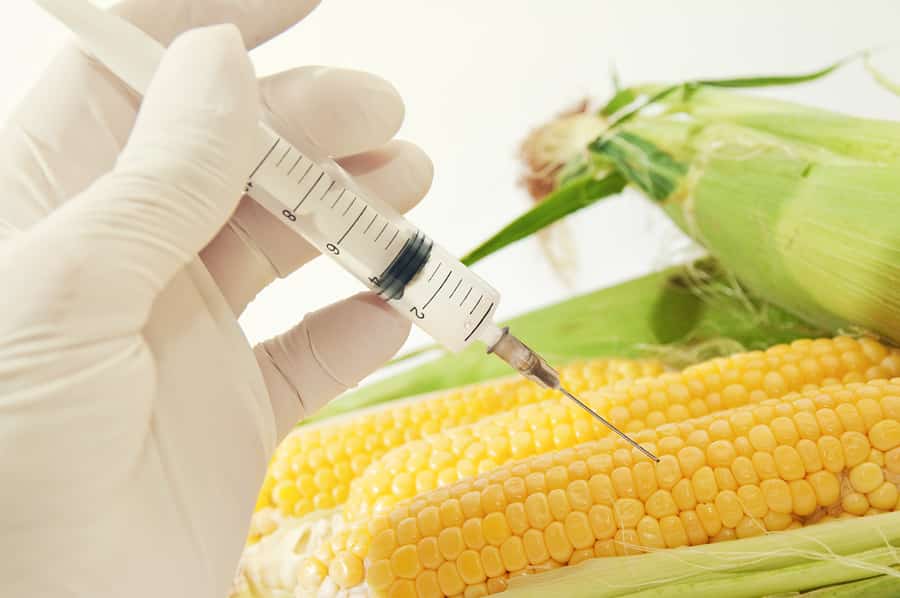Neither ‘a Panacea’ nor ‘Monsters’ | Expert says GM crops are ‘Just Crops’
Scientists in the United States did a major review of genetically modified crops and have tentatively con
cluded that they pose no risk to human health.However, three US National Academies of the Sciences, Engineering and Medicine cautioned in their 388-page report that any new kind of food “may have some subtle favourable or adverse health effects that are not detected even with careful scrutiny”.
And it said there was an “urgent need” for a publicly funded method of testing future GM products as they are developed to ensure they are safe.
But, in a blow to supporters of GM crops, the report by the academies’ Committee on Genetically Engineered Crops also found there was no evidence that they had “substantially increased the rate at which US agriculture is increasing yields” despite experiments suggesting that they would do so.
The Soil Association, which supports organic farming, said that this finding “strongly rebuts the argument that GM crops are needed to feed the world”.
And one expert, commenting on the findings, said the “inescapable conclusion” was that GM crops were not a “panacea” or the “dreaded monsters” that those on both sides of the debate claim. They were just, he said, “pretty much just crops”.
GM crops, known as GE in the US, have controversially been linked to cancer and a number of other diseases. But a study suggesting GM maize might cause cancer in rats was later discredited by the European Food Safety Authority.
In its summary, the report said: “The committee concluded that no differences have been found that implicate a higher risk to human health safety from these GE foods than from their non-GE counterparts.
“The committee states this finding very carefully, acknowledging that any new food – GE or non-GE – may have some subtle favourable or adverse health effects that are not detected even with careful scrutiny and that health effects can develop over time.”
And it said there was a pressing need to test all new GM products before they were consumed by people.
“There is an urgent need for publicly funded research on novel molecular approaches for testing future products of genetic engineering so that accurate testing methods will be available when the new products are ready for commercialization,” the report added.
Cancer rates had changed over time in the US and Canada, but they were “generally similar” to those in the UK and western Europe “where diets contain much lower amounts” of GM food.
The committee also said there was no suggestion eating GM produce increased the risk of diabetes, kidney disease, obesity, autism or food allergies.
The experts looked at the effects of using GM maize, soybean and cotton instead of convention crops.






























